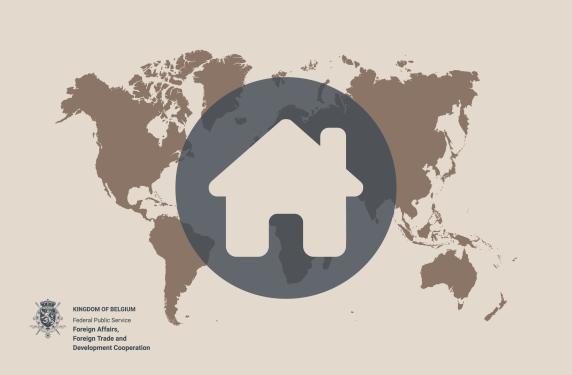-
Last updated on
A document that is official and legal in one country is not necessarily official and legal in another. Many documents must therefore be legalised if you wish to use them abroad.
The legalisation process involves checking the origin of the relevant document. Legalisation is official confirmation that the signature of the civil servant that has signed a document, or the seal or stamp on the document, is legitimate.
It is not only the signature of the person that has issued the document that is legalised, the process can also legalise the signature of the legalising registrar. Every signature, every seal and every stamp will be legalised by the person authorised to do so and who is familiar with each signature, seal or stamp. This explains why various legalisations are sometimes required, in a specific order.
A country may have signed up to a legalisation treaty that encompasses agreements about how countries accept one another's official documents. Many countries have signed up to the "Apostille Convention" of The Hague of 5 October 1961. With this, just 1 legalisation is required via an apostille stamp.
Questions and answers about the legalisation of documents
See the general website of Foreign Affairs
For legalisation for a third-country document, you can also consult the website of our representative at the location concerned, i.e. Belgian embassies and consulates
In order to further refine your question, you can also use the Search criteria
Legalisation of a British Document
Some British documents need to be apostilled in order to have effect in Belgian law. You’ll find the procedure here: Get your document legalised: Overview - GOV.UK (www.gov.uk)
Legalisation of your signature on a document intended for Belgium
If you would like us to legalise your signature on a document that is intended for Belgium, contact londonpassports@diplobel.fed.be. We ask you to specify the nature of the document in question. We’ll review your request and give you an appointment if needed.
If you get an appointment, you will need to bring along : the relevant document, a proof of identity and your bank card. The person who signed the document will have to come to the Embassy personally. Price: £18. It will be done while you wait.
Legalisation of your signature on a parental letter of consent to travel abroad
If you would like us to legalise your signature on a parental letter of consent to travel abroad, you can contact londonpassports@diplobel.fed.be . We’ll review your request and give you an appointment if needed.
For your appointment, you will need to bring along: a proof of identity, the birth certificate of the child if not known at the Embassy (not registered in our Consular Population Register) and your bank card. Our Consulate can provide you with a form of consent to travel abroad. Price: £18. It will be done while you wait.
Certified copy of your passport
If you would like us to certify a copy of your passport, you can contact londonpassports@diplobel.fed.be . We’ll review your request and give you an appointment if needed.
You will need to bring along: your valid passport and a bank card. Price: £18. It will be done while you wait.
Legalisation of a student sponsorship letter (annexe 32)
This can ONLY be done by lodging an application file by post. For more information, CLICK HERE.
